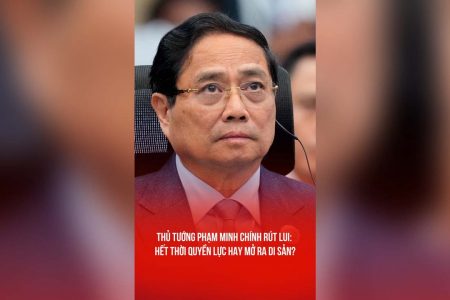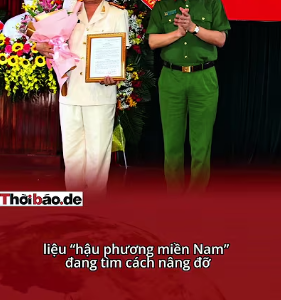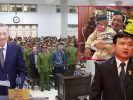Multidimensional poverty means not only money poverty, but also disadvantage in 8 criteria: nutrition, health care, education, housing, environment, access to information, labor and child protection, and administrative registration. According to statistics, Vietnam has about five million children with multidimensional poverty.
According to UNICEF’s estimates, about a third of children are living in multidimensionally poor households. They are malnourished, live in unsafe conditions, do not have clean water, cannot go to school or study properly, do not receive medical care… Even many children do not receive birth cerficates.
For sustainable development, countries must find ways to reduce poverty both in terms of money and in many dimensions, especially for children. To do this, it is necessary to improve social welfare, living conditions, and physical health, etc., which only governments can do, through harmonious development policies focusing on household economic issues and people’s livelihood issues.
Vietnam has for many years boasted about its achievements in poverty reduction. But in reality, these achievements are largely due to calculations on paper, for example, when people reduce the criteria of defining poor households, the poverty rate naturally decreases. Therefore, despite the fact, the figures on Vietnam’s achievements in poverty reduction are always very positive.
In Vietnam, the gap between population groups is very large, for example, the poverty rate of ethnic minorities is much higher than that of Kinh people; or the percentage of people with disabilities who are poor is higher than the general population… According to UNICEF’s statistics, ethnic minorities account for 75% of the poor households.
Hao Nam is a poor multidimensional child. A 10-year-old child, with a small body, has to find scrap metal to have money to learn martial arts, his family has to live in a tattered house, with wrinkled plastic shields… But not only Hao Nam, Vietnamese society has millions of children with similar circumstances.

Every day, there are still children in remote areas who have to hide in plastic bags or swing across the river to go to school. Thousands of children suffer from drowning every year. In the cities, there are always children picking up scraps, selling lottery tickets, wandering the sidewalks begging for food.
Unharmonious development policies, focusing on real estate, on high-end projects… have created increasing inequality, the worst of which is inequality of opportunity. Children who are born and raised in poverty, do not receive a full education, do not receive medical care, health, etc. will not have the opportunity to rise up. When inequality is large enough, it leads to social disruption. The consequences of this impoverishment will be increased crime and overload of urban infrastructure, as people in impoverished areas will flock to cities and industrial zones to make a living. And in the opposite direction, in rural areas, agricultural land is abandoned due to labor shortage.
In the rows of squalid, makeshift workers‘ hostels, children grow up lacking in everything and not getting a proper education. Their lives repeat the cycle of their parents: Deer work hard for ten hours a day, then receive a meager salary just enough to make a temporary living through the day, without saving money in case of illness, there is no resources for children to study.
While, in Vietnamese education, everything has to be converted into money, if you don’t have money to pay tuition fees, if you don’t have money for extra lessons, don’t dream of studying well and getting high degrees.
Vietnamese people always support each other in times of need, but no one can help the poor change their fate. To do this, it is necessary to have a policy of harmonious economic development, taking production as the basis, taking agriculture as the root. Only by developing agriculture and fishery, people get richer on the land they own, so they can keep them on their fields and gardens, without having to be crowded and exhausted in polluted industrial parks.
But the Vietnamese government only cares about immediate benefits, not the poor nor sustainable development.

Thoibao.de (Translated)


























